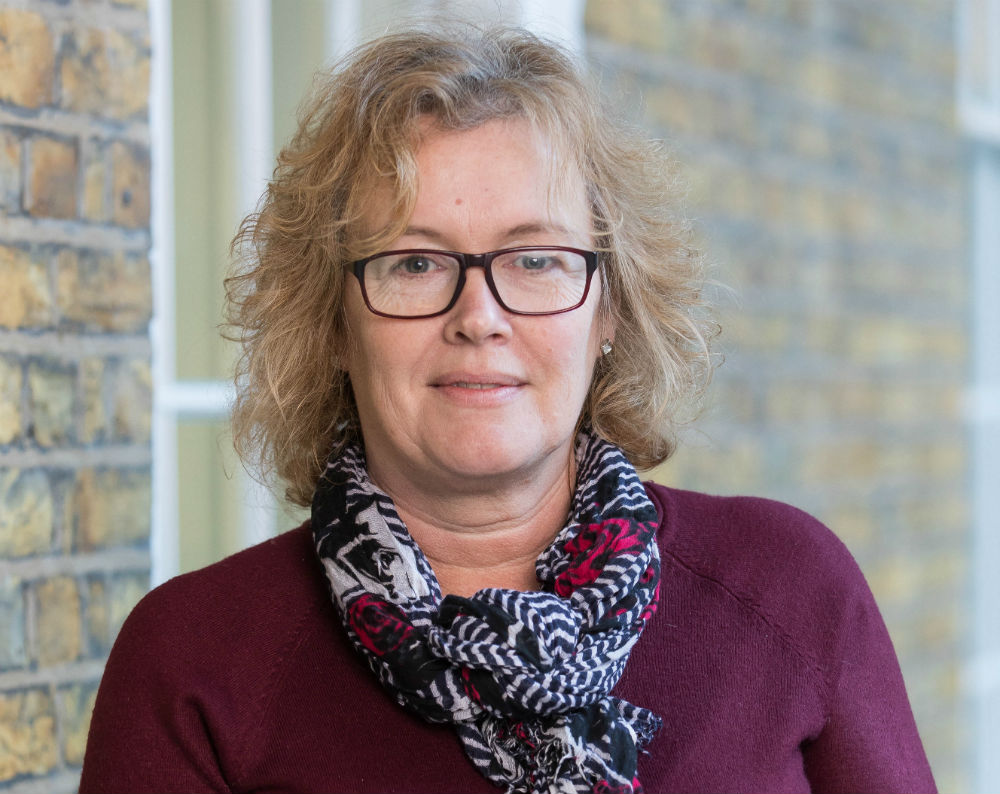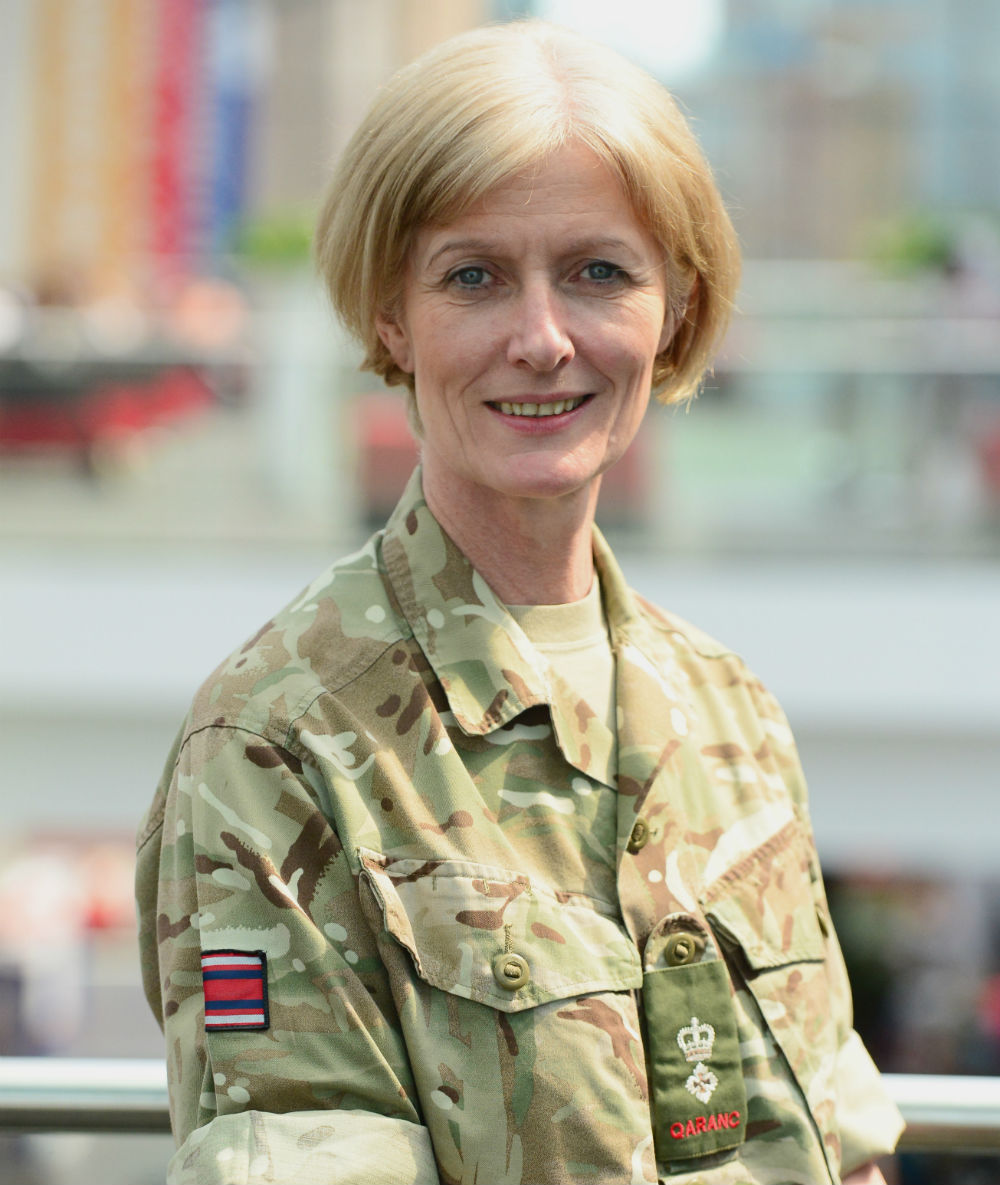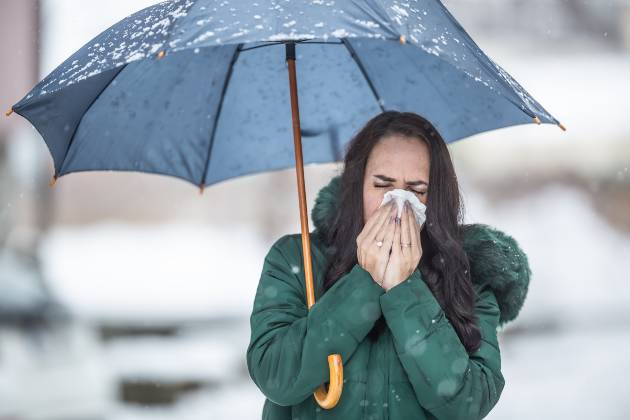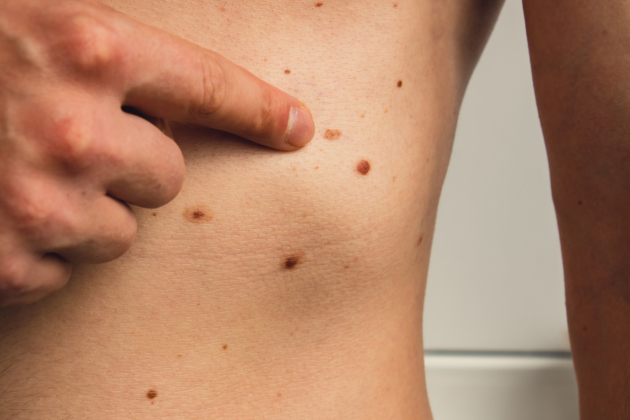Alison Wileman, Chair of the RCN Bladder and Bowel Forum, considers the different ways forum members are responding to the crisis
Many forum members are being redeployed. If this is planned properly it’s an opportunity to upskill, and to share our skills with other teams.
Across the UK our specialist work is being scaled back and this leaves some of us feeling our roles are undervalued. One member told me their service has been completely suspended and everyone has been redeployed to a COVID-19 assessment centre.

Other staff are working with a team of district nurses, doing their routine catheter changes, among other work. What forum members are doing in this crisis seems to depend on where they’re based. In some places home visits are still possible for the most vulnerable patients.
But like many of our nursing colleagues, those going into homes are seen as a risk. One forum member was asked to stand in the garage while she did an assessment.
Of course, this was the right thing to do but this basic care is not the usual gold standard we’re used to providing.
In other areas, some services are operating on a reduced basis, with staff being redeployed for a portion of their working time. Some members are advice services, but that’s becoming increasingly difficult to maintain.
Even before COVID-19 became nursing’s biggest priority, our role was frequently misunderstood. “All you do is pads,” I’ve heard too often. During this crisis we’re asking: what is essential nursing work?
Specialist bowel and bladder nursing staff may not carry out immediately obvious “essential” work but what we do may help stop someone from falling; it might prevent infection and a subsequent hospital admission; it might be a lifeline to someone living with dementia.
District nursing is more challenging than ever, but the crisis is leading to improved patient self-care, says Professor Julie Green, Chair of the RCN District and Community Nursing Forum
District and community teams are busy caring for the burgeoning housebound population, supporting patients with a range of complex conditions as well as providing end of life care.
Caseloads are expanding exponentially and now include rapid hospital discharges, often with uncertainty about COVID-19 status.

Safety is a huge concern. Community staff have reported being heckled and abused on occasions by patients, relatives and the public, labelled as “disease spreaders” for travelling in uniform between visits.
But what choice do we have? The use of family cars to travel between visits has also never been so challenging. Transporting clinical waste, returning home in uniform, donning and doffing are all processes complicated by the environment in which we deliver care.
Safety is a huge concern
Alongside all this, a recent survey of forum members on the impact of COVID-19 has revealed confusion and inconsistency with national guidance in relation to PPE, a lack of available PPE, but also inadequacies with what has been recommended.
Despite this, there are positives.
“Critically cleansed” caseloads, with only essential care delivered, has led to increased self-care and enhanced support for patients from extended family, friends and neighbours.
Patients are choosing to decline visits, preferring to avoid the potential threat that we may pose to them, and, as a result, are self-managing their conditions like never before.
Technology has proved invaluable too, for online team meetings and virtual huddles supporting care delivery, team working and staff morale.
COVID-19 has raised the profile of the essential care delivered behind closed doors and we will use this opportunity to learn from the challenges and capitalise on the positives.
Defence nursing staff are helping to set up new hospitals and testing centres, as well as deliver vital equipment where it’s needed most, says Chair of the RCN Defence Nursing Forum Debra Ritsperis
Regular and reserve armed forces health care personnel, including nurses and health care assistants, are among the tens of thousands Royal Navy, Army, Royal Air Force and civil servants assisting the national COVID-19 effort.

For nurses, a typical day might be spent advising the build and supporting the workforce of additional hospital capacity, setting up COVID-19 testing stations, providing routine worldwide or critical care air evacuation, or training combat medical technicians in the specifics of COVID-19 nursing to be a health care force multiplier.
In overseas locations such as the Falkland Islands, Cyprus, Canada, Kenya, Brunei and the Caribbean, defence nurses will enhance critical care capability and assist in COVID-19 management.
Defence nurses are supporting the NHS in the logistics of providing armed forces support to ambulance services and acquiring and delivering ventilators, oxygen and PPE to where it’s needed most.
This COVID-19 activity is in addition to routine defence primary health care provision for all armed forces personnel and maintaining training and clinical skills for routine national security roles.
Suddenly, people are travelling less, and this has meant big changes for nursing staff in the medical assistance industry says Kerryn McGowran, Chair of the RCN Critical Care and Flight Nursing Forum
The response from forum members has been nothing short of exceptional.
Many flight and office-based nurses have voluntarily returned to clinical settings to support their colleagues and provide care to patients. These nurses have a dynamic skill set that is undoubtedly welcome in the NHS.
These are uncertain times, given the reduction in global mobility, but our nurses are forward-looking and resilient. We’re proud and honoured to support them.
Our nurses are forward-looking and resilient
Nurses who remain in their roles delivering telephonic triage have needed to quickly up-skill their knowledge of how COVID-19 is affecting different locations in terms of clinical impact, health infrastructure and travel restrictions.
Local health facilities overseas may be overstretched, and an even closer vigilance is needed to medically monitor care being received to ensure the best health outcomes, especially in resource-poor countries.
Repatriations have become logistically more challenging too. It’s much harder to admit patients into UK hospitals and, with borders closing at short notice, to move them from one country to another.
To arrange for medical crew to collect patients by air ambulance or commercial carrier takes careful planning and consideration due to enhanced regulations around air travel.








